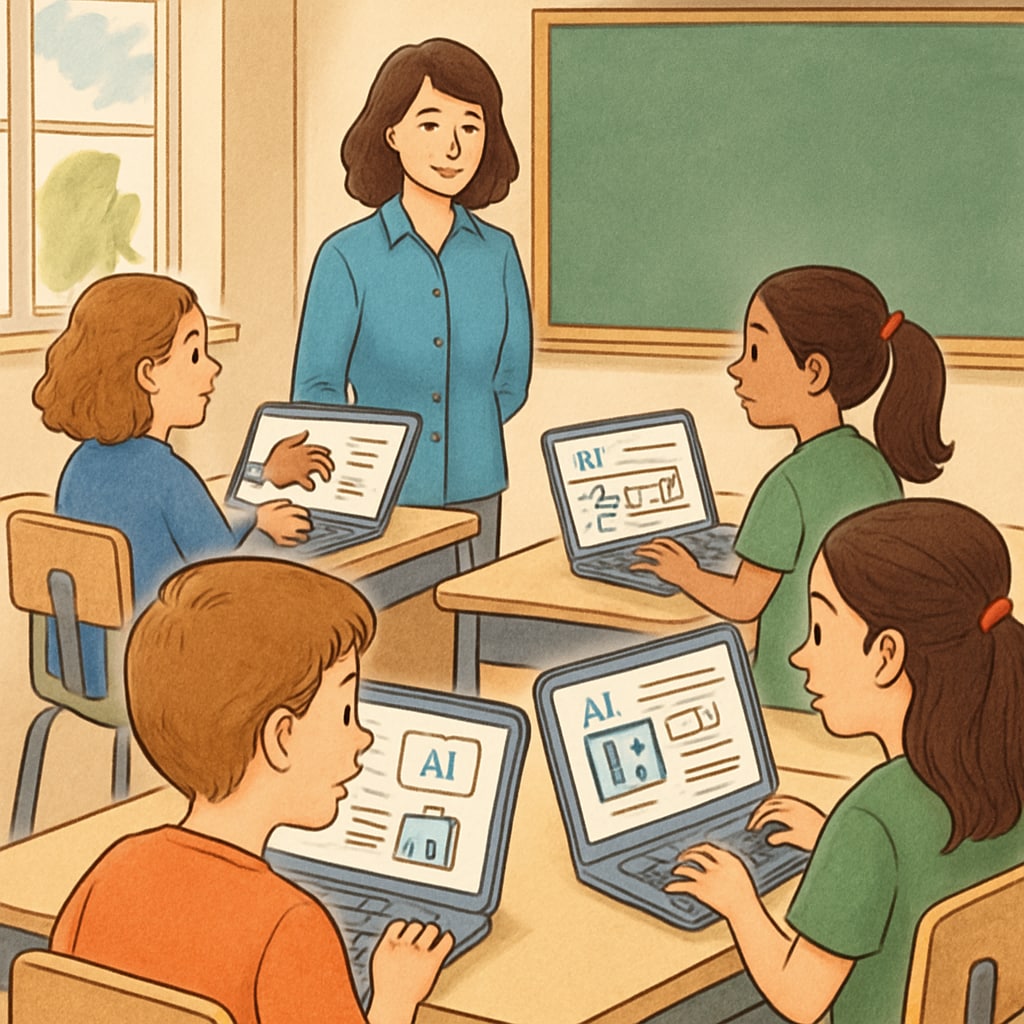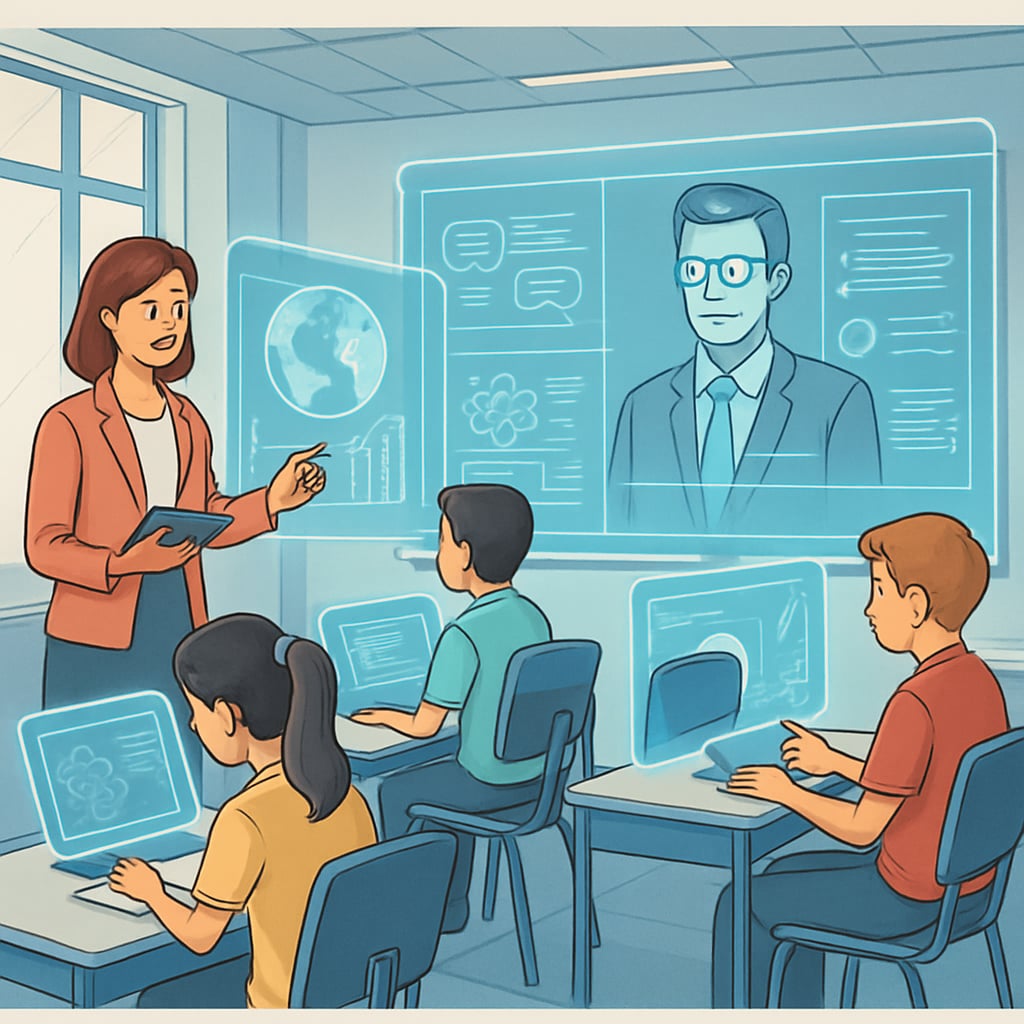Artificial intelligence (AI) is revolutionizing education, laying the groundwork for key education trends that will redefine K12 learning by 2030. From personalized learning experiences to significant shifts in teacher roles, AI is poised to transform the very fabric of education. As the education market sees rapid adoption of AI technologies, both educators and students must adapt to the opportunities and challenges that come with this transformation. Let’s explore the current applications of AI in K12 education, its projected growth by 2030, and how educators can effectively prepare for this future.
AI’s Role in Shaping K12 Education Today
AI has already started making an impact on K12 education through tools and platforms designed to enhance learning outcomes. For example, adaptive learning systems, such as those used in platforms like DreamBox and Khan Academy, analyze student performance and adjust instructional content to meet individual needs. These systems use machine learning algorithms to identify skill gaps and provide tailored resources, ensuring that students learn at their own pace.
In addition, AI-powered chatbots and virtual assistants are being deployed to support both teachers and students. These tools can answer common questions, provide instant feedback on assignments, and even assist in administrative tasks, allowing educators to focus more on teaching. According to a Britannica article on AI, such advancements are making education more accessible and efficient.

The Future of AI in K12 Education: What to Expect by 2030
As we look toward 2030, the integration of AI in K12 education is expected to grow exponentially. A report by Wikipedia on AI in education predicts that the global AI education market will reach unprecedented levels, driven by the demand for scalable and efficient learning solutions. Below are some key trends to anticipate:
- Hyper-Personalized Learning: By 2030, AI will facilitate hyper-personalization, offering students not only tailored content but also customized learning environments. AI will analyze real-time data to predict learning preferences and challenges, making education more engaging and effective.
- Enhanced Teacher Roles: Rather than replacing teachers, AI will augment their roles. Teachers will act as facilitators and mentors, leveraging AI insights to focus on higher-order skills like critical thinking and creativity.
- Equity in Education: AI-powered systems will help bridge gaps in educational equity by providing resources to underserved communities and ensuring that all students, regardless of their background, have access to quality education.

Preparing for the AI-Driven Educational Transformation
To fully embrace the AI-driven transformation of K12 education, educators, policymakers, and institutions must proactively adapt. Here are some strategies:
- Invest in Professional Development: Teachers need ongoing training to effectively integrate AI tools into their classrooms. Workshops and certifications on AI in education can help build confidence and competence.
- Focus on Ethical AI: As AI becomes more prevalent, ethical considerations like data privacy and algorithmic bias must be addressed. Schools must implement transparent policies to protect student data.
- Promote Lifelong Learning: Preparing students for the AI-driven future means equipping them with skills like adaptability, digital literacy, and problem-solving.
In addition, collaboration among stakeholders—educators, technologists, and policymakers—will be crucial in shaping an AI-enhanced education system that benefits all learners. As AI evolves, its role in education will continue to expand, offering opportunities for innovation while requiring thoughtful planning and ethical oversight.
In conclusion, the integration of AI in K12 education represents not just a technological shift but a cultural one. By 2030, AI will redefine how students learn and how teachers teach, creating a more personalized, inclusive, and efficient education system. As we navigate this transformation, embracing the potential of AI while addressing its challenges will be key to shaping a brighter future for education.


